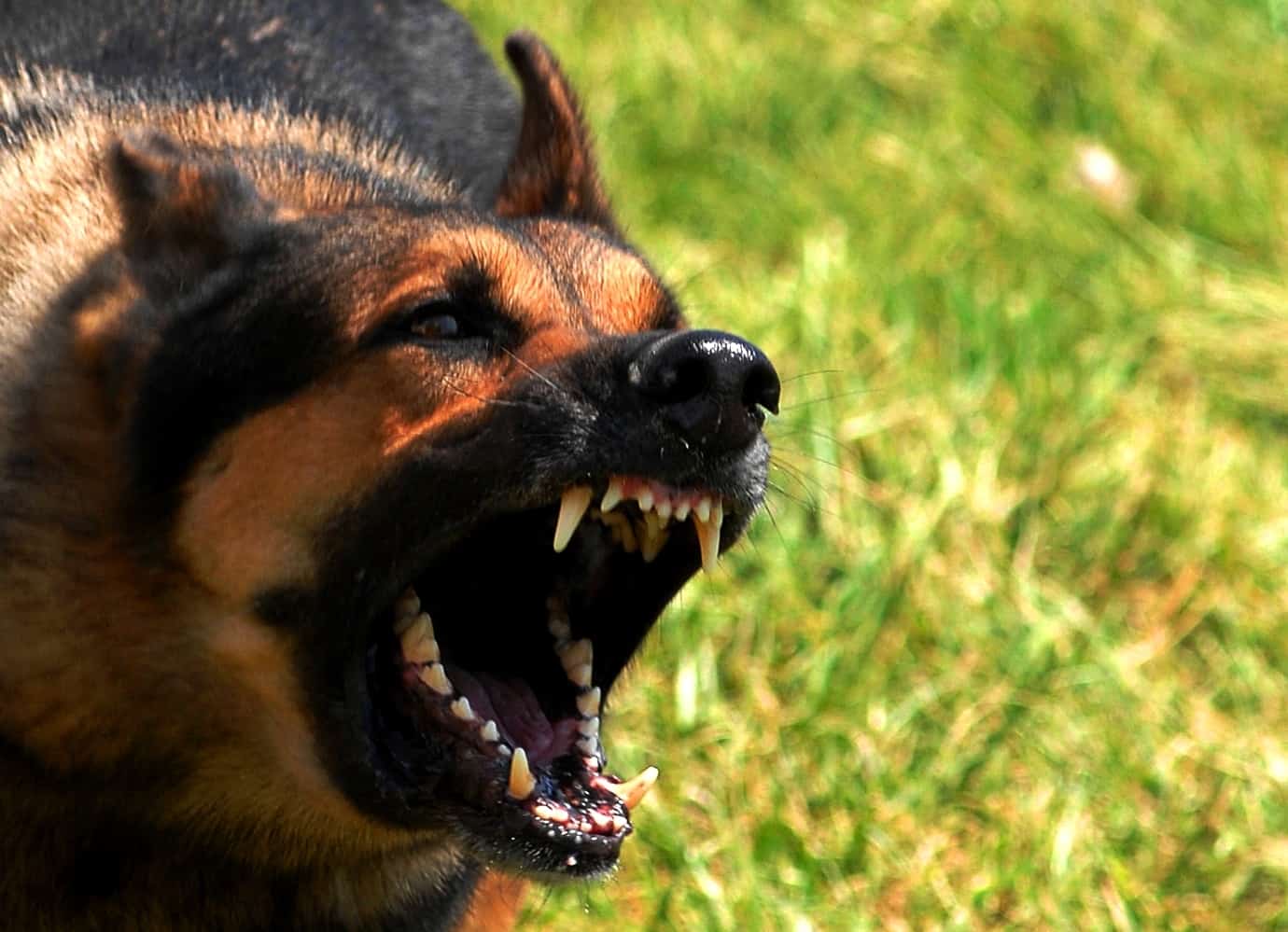How To Relax A Nervous Dog
written by: marvintana
There are different causes of dog nervousness, but in most cases, the nervousness might develop from a stimulus such as separation, fireworks, or thunder. Dealing with the nervousness includes behavior adaptation and the creation of a perception that will make the dog see the environment differently. The approach is geared towards making the dog perceive the situation or the stimulus as a positive thing rather than a negative one. There might be extreme cases of nervousness and this is where the need for a veterinarian arises. In other mild cases you can follow the following steps on how to relax a nervous dog.
First Step
It is crucial that you monitor the behavior of your dog so that you can identify the cause of the nervousness. If need be, you can create a stimulus such as playing a recording of a certain noise that you believe causes the anxiety.
Second Step
Pay attention to any situations or stimulus that might be causing the nervousness. If there are general anxiety disposition, then you might be dealing with an attention seeking fake anxiety. This type of nervousness can be handled through obedience training, play time and spending time with your dog.
Third Step
You should expose your dog to the stimulus you believe causes the anxiety. If you believe the nervousness is as a result of loneliness, leave the room for a while and listen for whining, if present, then you might be dealing with separation anxiety. Some of the indicators of anxiety include, whining, pacing, ears folded back and salivation. You should regularly check for such signs when there are loud noises or after leaving the dog alone for a while.
Fourth Step
Introduce a distraction that will shift your dog’s attention from the stimulus. You should create a situation that makes the dog nervous by getting a vacuum cleaner out or preparing to leave the room. Prior to switching the cleaner on of leaving the room, throw a toy to your dog. This will not allow ample time for the nervousness to kick in. their attention will be shifted and slowly the anxiety will disappear with each repeat of the situation.
Fifth Step
If your dog exhibits nervousness, due to the situation you have created, stroke them slowly and if they wish to wander away, let them. If you act normal, you are communicating that there is no need for alarm.
Sixth Step
Create the stimulus situation again and this time use a food treat. If it is separation anxiety, your absence is the cause and you need to associate it with something positive like a food treat. Anxiety is mostly associated with fear and some negativity, creating and associating the stimuli with positivity will go a long way in relaxing your dog.
Seventh Step
Get rid of the stimulus and have a normal interaction with your dog. They will start believing that the situation is not permanent and will be more comfortable. When repeated over a long period of time, these steps can help a great deal on relaxing a nervous dog.



